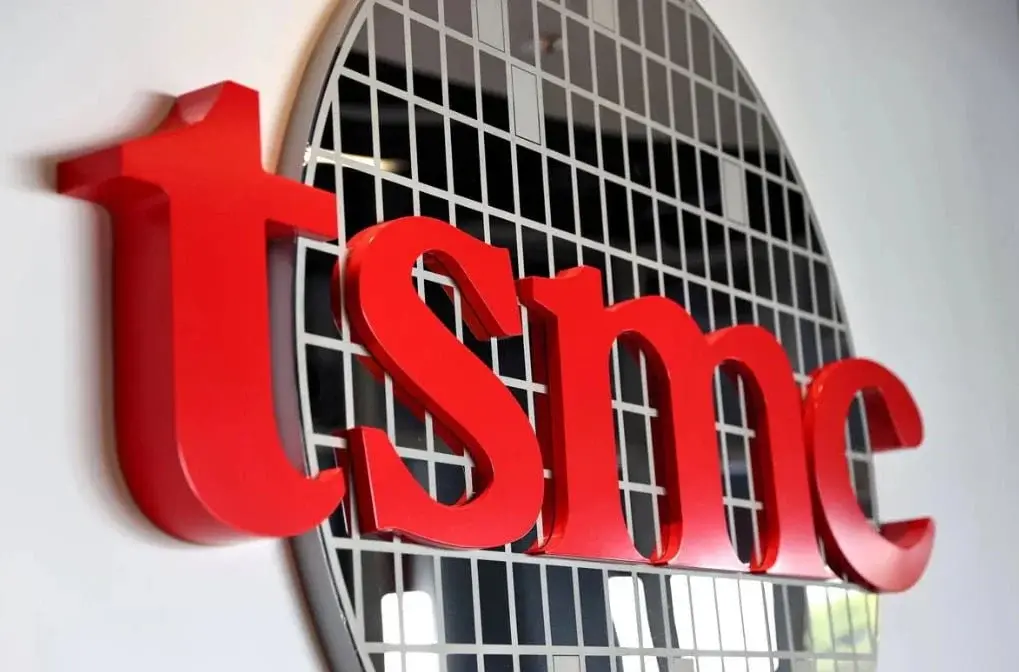In the lead-up to Taiwan’s presidential and parliamentary elections on January 13, TSMC (Taiwan Semiconductor Manufacturing Co) finds itself at the center of a heated vice presidential debate. The world’s largest contract chipmaker has withdrawn from the election campaign discussions amidst clashes between candidates regarding the company’s overseas investments and concerns about the safety of investing in Taiwan.
Tensions between Taiwan and China
The withdrawal comes against the backdrop of heightened tensions between Taiwan and China, which claims Taiwan as its territory. The presidential campaigns have seen increased focus on issues affecting the semiconductor industry, such as power grid stability and water shortages, with occasional mentions of TSMC’s role in Taiwan.
Concerns raised by opposition party
Jaw Shaw-kong, the vice presidential candidate for Taiwan’s largest opposition party, Kuomintang (KMT), took center stage by expressing concerns raised by Wall Street financiers about the potential impact of a war on investment in Taiwan. He placed blame on the ruling Democratic Progressive Party (DPP) for the tensions with China, accusing them of creating an unfavorable investment climate.
Jaw Shaw-kong proposed the “Taiwan plus one” strategy, advocating for one factory in Taiwan and another overseas. He specifically targeted TSMC, suggesting the company’s desire to relocate overseas, potentially undermining Taiwan’s economic stability.
Defense from the ruling party
In response, Hsiao Bi-khim, the DPP’s vice presidential candidate and former de facto ambassador to the United States, refuted Jaw’s claims. She highlighted that foreign investment in Taiwan has reached record levels under the DPP administration and emphasized TSMC’s significance as a cornerstone of Taiwan’s economy. Hsiao urged against using the company for political competition and described TSMC as a “sacred mountain protecting the country.”
TSMC’s stance and future trajectory
TSMC, currently expanding its global footprint with factories in Japan, the U.S. state of Arizona, and plans for another in Germany, remained silent in response to the debate. However, both the company and the government consistently asserted their commitment to keeping the majority of manufacturing, especially advanced chip production, in Taiwan.
As the election date draws near, the withdrawal of TSMC from the campaign discussions adds a new layer of complexity to the political landscape, raising questions about the company’s future trajectory and its impact on Taiwan’s economic resilience in the face of external pressures.


Leave a Reply